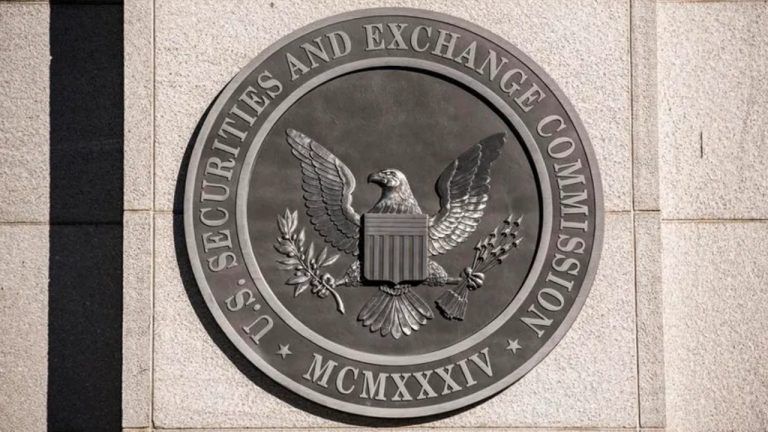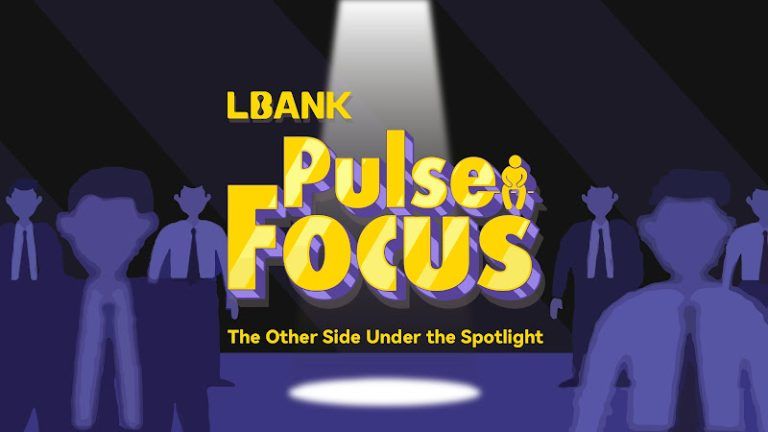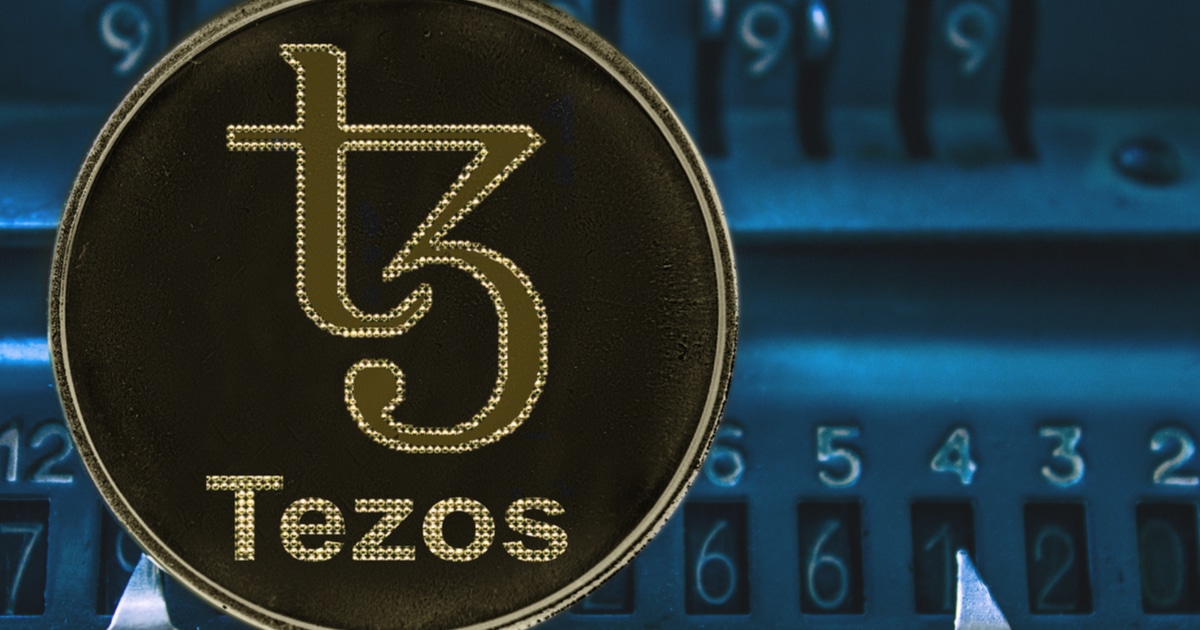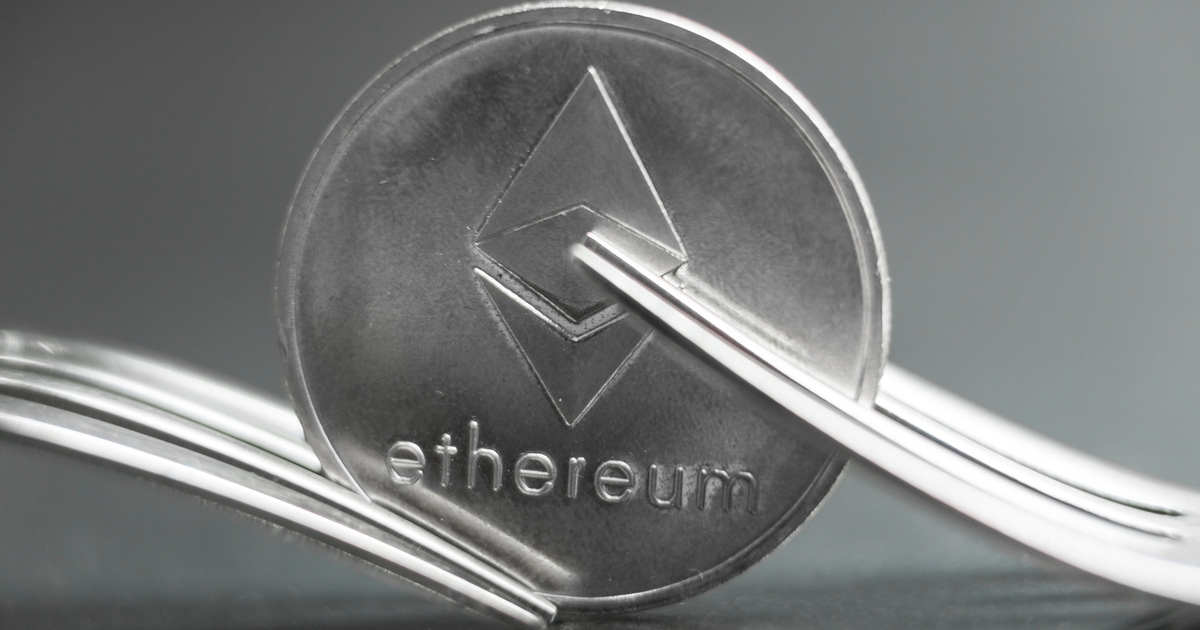
Bitget managing director Gracy Chen argues her exchange had a duty to act when a crypto influencer began selling his holdings in a project he was promoting.
Love or hate them, influencers are as inseparable from crypto as blockchain itself. While it’s hard to imagine a crypto space without social media influencers, they sometimes act unethically by promoting dubious tokens and profiteering at the expense of ordinary investors. Such practices are a matter of concern — not only to the crypto community members who trust them but also to regulators.
While the United States Securities and Exchange Commission and Federal Trade Commission have fined celebrities, including Kim Kardashian, for failing to disclose their compensation for endorsing certain cryptocurrencies, most cases go unpunished. This lack of oversight deleteriously affects ordinary users.
Influencers for hire
Consumer trust in influencers has reached unprecedented levels. One survey by Fool indicated that 91% of Gen Z respondents consider social media their primary source of investing information. Followers copy bloggers, buy what they recommend and follow their financial advice. This widespread practice is acceptable as long as it is accompanied by a transparent endorsement that highlights the influencer’s financial interest in a product.
Related: Bitget and crypto influencer embroiled in legal saga after Reel Star token listing fiasco
In February, the SEC charged former NBA player Paul Pierce with promoting low-cap tokens to his followers without proper disclosure, resulting in financial losses for the public, with Pierce ultimately settling and paying $1.4 million. Similar investigations accused boxer Floyd Mayweather Jr. and music producer DJ Khaled of failing to disclose promotional payments from initial coin offerings, with the latter enthusiastically endorsing one of the projects as a “game changer.” In 2017, Paris Hilton endorsed the alleged scam project LydianCoin without a proper disclaimer, and even used the counter hashtag #ThisIsNotAnAd. Yet another substantial fine was the $1.26 million penalty imposed on Kim Kardashian, whom the SEC accused of failing to transparently reveal her financial stake when she endorsed the EthereumMax (EMAX) token.
Since Kim Kardashian shilled EthereumMax in June 2021, its value has plummeted by 95%. According to the SEC, she pocketed a $250,000 fee for her endorsement.
Our crackdown on a ReelStar influencer
There’s a clear pattern involving influencers shilling projects while failing to be transparent about their stake in them. ReelStar is another case in point. One of its endorsers, a cryptocurrency influencer, neglected to transparently communicate with his followers that he had received a substantial commission of 7.5 million tokens from the project he later endorsed. Once it was listed on exchanges — including Bitget — he commenced selling REELT tokens after stating that he was bullish on the project and expected to see it go “to the moon.” This coincided with a 60% plummet in the token’s value — and many ordinary users left holding the costs. Today, the asset rests approximately 95% below its initial price.
We are delighted to have @EvanLuthra on board as we innovate in the #Web3 space and build the next generation "everything" app!
— ReelToken (@Reel_Token) December 4, 2022
Just wait and see what we have coming! You wont want to miss this! #ReelToken #ReelTokenGlobal #ReelT #ReelStar #ReelPay #ReelPayGlobal pic.twitter.com/IjQpnrL1gR
The episode, while by no means isolated, has provided an invaluable lesson for the industry that can be summarized as Know Your Influencer. Should a project or an exchange become aware of dubious schemes, they should swerve to prevent history from repeating.
As a result of this ordeal, Bitget covered more than $540,000 in losses that 583 of its users suffered from REELT’s declining price. The ReelStar adviser, on the other hand, failed to accept any accountability, instead shifting responsibility to other parties, pretending to be a victim and continuing to mislead his community.
It’s important to clarify what constitutes ethical and unethical behavior. If an influencer owns a large amount of a new cryptocurrency, participates in its promotion, and sells it off at the first opportunity, without waiting for project development or a price increase, are they acting honestly? No. If other retail investors are aware of this, will they buy this cryptocurrency? Most likely not.
Insider trading and market manipulation are by no means isolated to social media influencers: Company executives, advisers and partners can be just as guilty. Elon Musk’s tweets are the most famous example of how a few words can spike or plummet a token. His long-standing support of Dogecoin (DOGE) coincided with a rise in its price of 36,000% over two years before it crashed. Celebrity-driven pump-and-dumps aren’t just a question of fiduciary responsibility but also a matter of ethics — there’s what’s legally wrong and what’s morally wrong.
Ethics on the crypto playground
People trade on Bitget to buy project tokens whose tech, team and roadmap resonate. Similarly, projects seek our platform to secure the impetus for their product’s further development and to deepen available liquidity. However, if their budget is whittled away on influencers whose primary goal is personal enrichment, the funding raised from even the most successful of token sales will swiftly dissipate.
Related: Don’t be surprised if AI tries to sabotage your crypto
Bitget is relied upon by 20 million users, each of whom deserves unwavering respect, transparency and equal access to opportunities coupled with high-quality service. We uphold a policy that places no single user’s interests above those of others. For this reason, we advocate establishing clear disclosure guidelines, improving transparency and educating investors on the risks of crypto trading, as well as the upsides.
The crypto community as a whole needs to reflect on its values and responsibilities. While hype-driven pumps may benefit a select few in the short term, they undermine credibility and trust in the long run. The path forward should involve maximizing benefits for regular users, not just speculators. Ethical leadership is required to reinforce the industry’s inclusivity while granting it legitimacy in the wider financial sphere.
Let’s do better
Industry players, together with social media platforms, owe a duty of care to the regular public, who constitute 99.9% of their user base. It is imperative that they guide influencers, reminding them of their responsibilities to the community and the need to comply with the law. This can be achieved through the enactment of dedicated influencer legislation, the issuance of clearer guidelines and codes of conduct, and the deployment of better monitoring tools.
Trading platforms play a pivotal role in liaising with regulators, identifying suspicious market activity, and safeguarding users from bad actors. Token issuers, meanwhile, should enhance their due diligence processes for influencers, advisers and partners who might misuse their positions for personal gain. Influencers should also seek robust indemnity provisions from brands to cover potential penalties and legal expenses they might incur.
In instances where misconduct has occurred and users have suffered financial losses, clear mechanisms are needed to initiate asset recovery from the guilty parties. Finally, prospective buyers should do their own research and evaluate potential investments rather than relying on paid endorsements from social media figures. Or, as they say in crypto, DYOR.
This column is a counterpoint to Evan Luthra's perspective: Is this exchange the next FTX?
This article is for general information purposes and is not intended to be and should not be taken as legal or investment advice. The views, thoughts and opinions expressed here are the author’s alone and do not necessarily reflect or represent the views and opinions of Cointelegraph.

You can get bonuses upto $100 FREE BONUS when you:
💰 Install these recommended apps:
💲 SocialGood - 100% Crypto Back on Everyday Shopping
💲 xPortal - The DeFi For The Next Billion
💲 CryptoTab Browser - Lightweight, fast, and ready to mine!
💰 Register on these recommended exchanges:
🟡 Binance🟡 Bitfinex🟡 Bitmart🟡 Bittrex🟡 Bitget
🟡 CoinEx🟡 Crypto.com🟡 Gate.io🟡 Huobi🟡 Kucoin.



















Comments